With just a few days to go until nominations close in the Tory leadership contest, candidates are busy trying to shore up support in the parliamentary party. There are five – Sam Gyimah, Andrea Leadsom, Rory Stewart, Mark Harper and Esther McVey – who currently don’t have sufficient nominations to make it onto the ballot paper.
Harper tried to get some attention by asking a question about the Peterborough by-election at today’s Prime Minister’s Questions, while Gyimah has been doing the rounds in Portcullis House as MPs have trundled through. Meanwhile I understand that Rory Stewart has cancelled all his media appearances in order to hold as many meetings as possible with MPs.
Stewart’s predicament is an interesting one. He has had a disproportionate amount of interest in his campaign, given he only has four backers. That campaign has seen him filming himself on walks around places as diverse as Kew Gardens and Wigan – neither of which are teeming with the Conservative colleagues necessary to get the Penrith MP on the ballot paper. His strategy seems to have been to talk to the country first before turning to the party, getting attention for himself and giving the impression that he is more than happy to wander among the general public. This is the opposite of what many modern politicians do: most protect themselves with a rubber ring of supporters holding placards to make them appear popular while keeping them away from annoying random people who might ask awkward questions.
But has talking to the country first helped or hindered Stewart? He certainly wouldn’t have been much noticed had he started his campaign by holding private meetings in his parliamentary office. Perhaps the question is more whether he has left himself enough time to do the party bit of the campaign, or whether the meetings over the next few days will be rather rushed and too late to convince colleagues to get him over the threshold of eight nominees.
Boris Johnson hasn’t had Stewart’s problem of no profile, but his campaign team has long been aware of his failure to spend sufficient time building relationships with fellow MPs. That’s why he spent the first days of his campaign holding meetings, making sure he was answering his phone, and avoiding doing much media at all.
One of the main arguments his supporters use is that Johnson is a ‘Heineken Tory’ who can reach parts of the electorate that his colleagues cannot. But today Tory peer Lord Hayward suggested that there was in fact not as much of a ‘Boris effect’ as received wisdom might have you believe. Hayward analysed recent opinion polls and concluded that 23 per cent of people who voted Conservative in 2017 think Johnson would be a ‘very bad’ Prime Minister. He also argued that his analysis showed the former Foreign Secretary was failing to win over younger voters and ‘transferable’ (floating) voters. He told a briefing this morning that: ‘The people who respond positively to Boris’s message are generally in the older generations, and this is a very stark problem for the Tory Party. You have got to pick up new voters.’
This is in stark contrast to the brand that Johnson has cultivated for himself over the years, and it might be too late for his leadership rivals to undermine that impression among their own colleagues, let alone the wider Tory membership.
Both Johnson and Dominic Raab had ‘auditions’ with the senior members of the European Research Group yesterday. Raab, who is currently in fourth place for nominations, was surprised to be asked about links between his campaign team and Michael Gove. Gove is not seen as being trustworthy or pure enough on Brexit because of his support for Theresa May’s Withdrawal Agreement, and a number of his staff are seen as being what one ERGer describes as ‘Michael cultists’. He was asked ‘why all the ultra-Govies?’, and, according to one present, ‘looked non-plussed, was silent, then stammered: “They’ve broken with Michael because they’re appalled at the way he’s behaved!”‘
Only Raab and Johnson were considered sufficiently plausible candidates to appear before the ERG, which isn’t going to make a formal endorsement. But of course it is an important group for any candidate to try to court, particularly in these final few days as candidates try either to get on the ballot, or show that they’re the one with the Big Mo.
Got something to add? Join the discussion and comment below.
Get 10 issues for just $10
Subscribe to The Spectator Australia today for the next 10 magazine issues, plus full online access, for just $10.


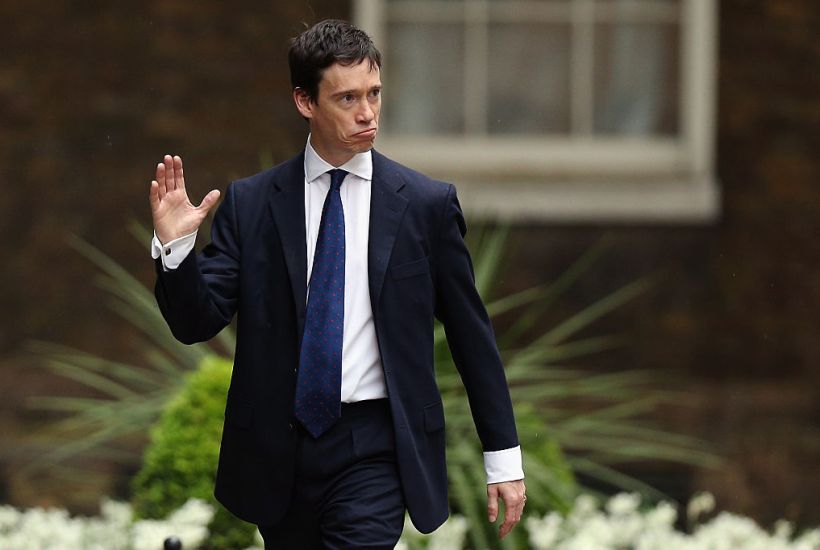
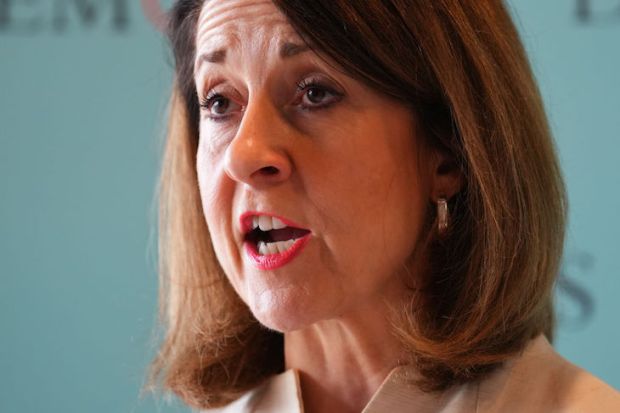
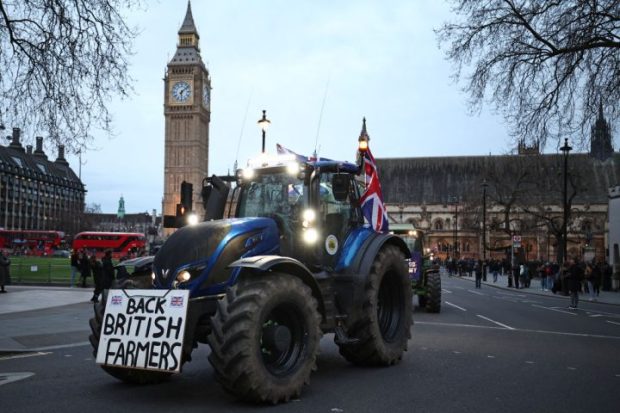

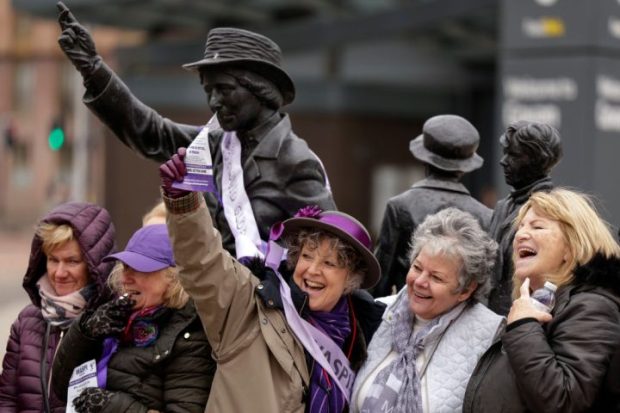

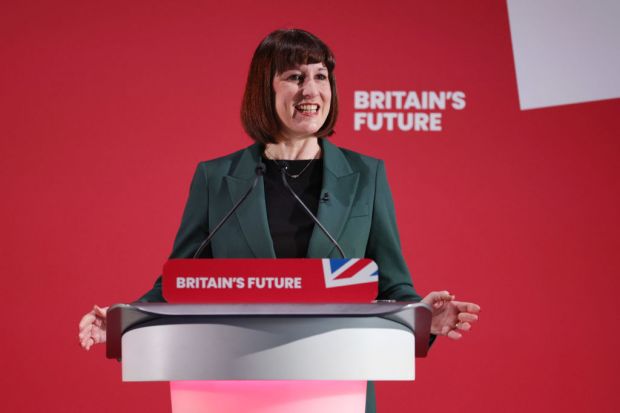












Comments
Don't miss out
Join the conversation with other Spectator Australia readers. Subscribe to leave a comment.
SUBSCRIBEAlready a subscriber? Log in